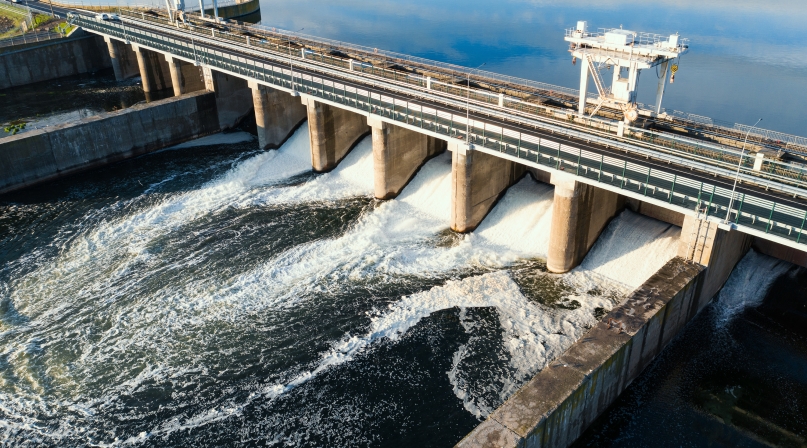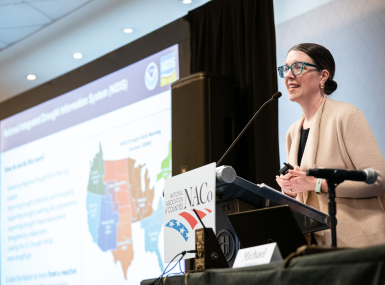U.S. House and Senate pass WRDA 2024, legislation moves to conference committee process
Author

Charlotte Mitchell Duyshart
Upcoming Events
Related News

Key Takeaways
The Water Resources Development Act (WRDA) is the authorizing legislation for the U.S. Army Corps of Engineers (Corps), which allows the Corps to conduct studies, construct projects and research activities to improve U.S. waterways. Since 2014, WRDA legislation has passed in a biennial cycle.
Both the U.S. House and Senate have passed their respective WRDA 2024 legislation. The House passed their version of WRDA 2024 on July 22 in a bipartisan 359-13 vote while the Senate passed their WRDA bill by unanimous consent on August 1. For more details about each bill, you can view NACo's recent WRDA blog.
Now that each chamber has passed their version of the legislation, the conference committee process can begin. A conference committee is a temporary committee made up of members of both the House and Senate that is formed for the purpose of reconciling bicameral legislative differences. Although the bills are similar, some differences include the number of authorized of feasibility studies, construction projects and the overall funding levels.
The two chambers are expected to begin conferencing the bill over the August recess period. It is likely that the final version of WRDA 2024 will be included in an end of year legislative package due to its strong bipartisan support and the limited number of legislative days remaining during the rest of this election year.
Additional Resources
Advocacy
UPDATED: U.S. Senate EPW Committee and House T&I Committee pass WRDA 2024, legislation awaits further action
U.S. Senate EPW Committee and House T&I Committee pass WRDA 2024, legislation awaits further action

Related News

NOAA outlines help for counties navigating drought’s growing risks
In April, the National Integrated Drought Information System will launch the Mid-Atlantic Drought Early Warning System, which will help county officials allocate resources and attention to mitigate drought-related disasters.

